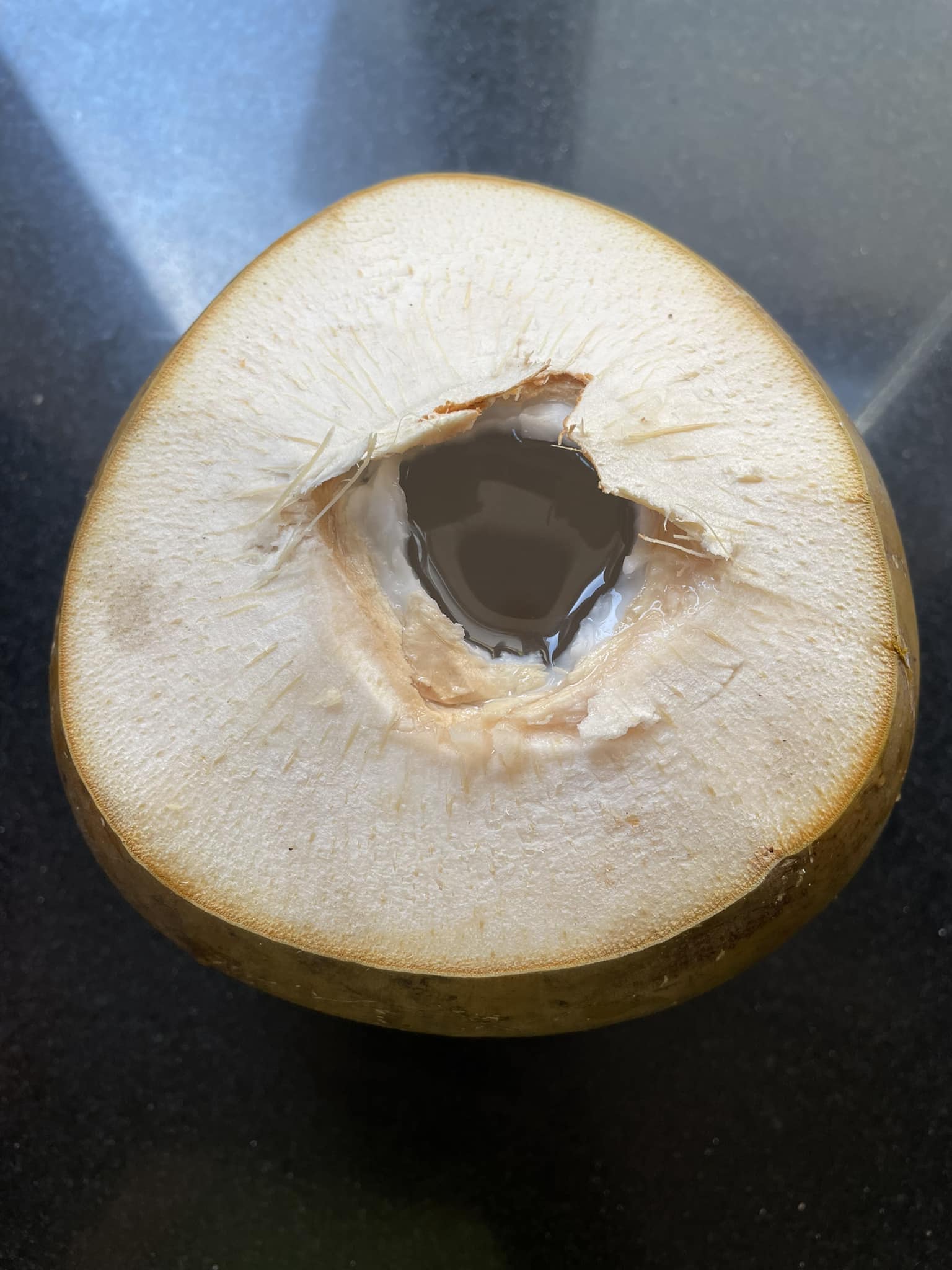ADVERTISEMENT
**13 Facts You Need to Know Before Drinking Coconut Water**
Coconut water has become one of the most popular beverages in recent years, praised for its refreshing taste and numerous health benefits. It’s not just a trendy drink; it’s been consumed for centuries in tropical regions for its natural rehydrating properties. Whether you’re sipping it straight from a coconut on a beach or buying a carton at your local grocery store, coconut water has earned its place as a go-to health drink.
However, before you start incorporating coconut water into your daily routine, it’s important to understand what it is, its health benefits, and any potential side effects. In this article, we will explore 13 essential facts about coconut water that you need to know, so you can make an informed decision about whether or not it’s right for you.
### 1. **What Is Coconut Water?**
Coconut water is the clear liquid found inside young, green coconuts. It’s different from coconut milk, which is made by grating the flesh of mature coconuts and mixing it with water. Coconut water is naturally sweet and hydrating, containing electrolytes, minerals, and vitamins that make it an excellent choice for replenishing fluids, especially after physical activity.
Coconut water is naturally low in calories and has a light, refreshing flavor. It’s a natural alternative to sugary sports drinks and sodas, often used as a natural rehydration solution. Historically, coconut water has been consumed for its medicinal properties in tropical countries, where it’s seen as a nourishing drink for both hydration and health.
### 2. **Coconut Water is Rich in Electrolytes**
One of the reasons coconut water is so popular as a hydrating beverage is its high electrolyte content. Electrolytes are minerals that help maintain the body’s fluid balance and are crucial for muscle function, heart rhythm, and nerve signaling. Coconut water contains essential electrolytes like potassium, sodium, magnesium, and calcium, which help rehydrate the body more effectively than water alone.
Here’s a breakdown of the key electrolytes found in coconut water:
– **Potassium**: Helps maintain proper fluid balance in the body, and it’s vital for muscle function and heart health.
– **Sodium**: Plays a crucial role in regulating blood pressure and fluid balance.
– **Magnesium**: Helps relax muscles, maintain nerve function, and support energy production.
– **Calcium**: Essential for bone health, nerve transmission, and muscle function.
These electrolytes are particularly helpful for athletes or individuals who engage in intense physical activity, as they replace the electrolytes lost through sweat, improving endurance and recovery.
### 3. **Coconut Water Can Help Rehydrate Your Body**
Coconut water has natural hydrating properties due to its balanced electrolyte profile. This makes it an excellent option for rehydration after exercise, physical labor, or a day spent in the sun. Unlike sugary sports drinks that can contain high levels of artificial sweeteners, artificial colors, and excessive sugar, coconut water is a natural source of hydration without unnecessary additives.
Many studies have demonstrated that coconut water is an effective alternative to commercial sports drinks, particularly when it comes to rehydration. Its ability to quickly restore electrolyte balance helps the body recover after intense activity, preventing dehydration and its associated symptoms like fatigue, dizziness, and muscle cramps.
### 4. **Coconut Water is Low in Calories and Sugar**
Coconut water is often touted as a healthier alternative to sugary beverages, such as soda and fruit juices. It’s naturally low in calories—one cup (about 240 milliliters) of coconut water typically contains around 40 to 60 calories, depending on the brand and whether it’s flavored. It’s also relatively low in sugar, making it a great option for individuals who are monitoring their calorie intake or watching their sugar consumption.
Compared to regular soda, which can contain up to 150 calories and 40 grams of sugar per can, coconut water is a much healthier option when you’re looking for a light, refreshing drink that won’t lead to a sugar spike.
### 5. **Coconut Water Contains Nutrients Beneficial for Heart Health**
Coconut water isn’t just hydrating—it also contains a range of nutrients that support heart health. The high potassium content of coconut water is particularly beneficial for managing blood pressure. Potassium helps counteract the effects of sodium in the body, which can reduce the risk of high blood pressure and heart disease.
In fact, some studies suggest that coconut water may help lower blood pressure by promoting better blood flow and improving arterial function. Additionally, the magnesium in coconut water helps relax the blood vessels, further supporting cardiovascular health.
### 6. **Coconut Water Can Support Kidney Health**
Coconut water may be beneficial for kidney health due to its ability to promote hydration and its high potassium content. Staying hydrated is essential for kidney function, as it helps the kidneys filter waste and toxins from the bloodstream more effectively. When dehydrated, the kidneys struggle to perform these functions properly, which can lead to kidney stones or other issues.
Research has shown that coconut water may help prevent the formation of kidney stones by reducing the risk of crystal formation in the kidneys. It can also act as a natural diuretic, which helps increase urine production and promotes the elimination of toxins and waste products from the body.
For Complete Cooking STEPS Please Head On Over To Next Page Or Open button (>) and don’t forget to SHARE with your Facebook friends
